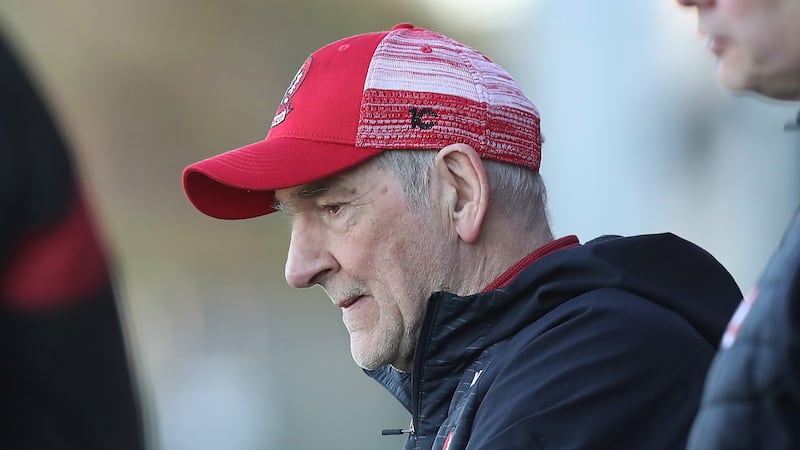Development squads have become a dirty term in GAA circles over the past year or so. Allegations of 'sure they are poorly run' to 'they nurture egotism' and 'they are the first rung on the ladder of professionalism' has been levied at them. Much of the criticism is hard to disagree with. Some county boards opt for a development squad model whilst others implement a model where the coaching is carried out within schools and GAA clubs. There are even those counties who adopt a mixed model approach. Evidently, they all have benefits, just some have more benefits than others, and it really depends upon who you ask as to what flavour of response you will get in return. I've had minimal involvement with development squads in past years nevertheless from what I observed there was a huge amount of time and effort put into their mere existence by both coaches and players.
In March Ulster GAA published research into what players think of development squads. Predictably, over 90% of respondents rated their experience as good to excellent. What is more interesting is that when asked what they would like to see more of in their development training technical field sessions was ranked six out of eight options; lagging way behind tactical and decision making, use of a video, more weights sessions and nutrition advice. Anecdotally players will tell you they don't kick much football in the sessions. This snapshot provides some insight into the mindset of development squads. In many ways it also paints a picture of the stereotypical development squad member – someone preoccupied with weights, who walks around with his protein bar and sports bottle of homemade rehydration fluid and who has that disinterested look on their face when their club manager is explaining how they want the game played. It begs the question, are these players programmed in this way or is it this type of player who is attracted to this model of development? We know kids are not all the same but they are all very impressionable and influenced by what they see and hear. We also know Gaelic football has a place for people of varying shapes and sizes who, crucially, can execute the requisite skills of the game. Hence, it is more likely that these players are being programmed to look and behave in a certain way without any evidence that they have become better footballers. This is where I and many others have a difficulty with development squads.
Let's assume the GAA president follows through on his inference to replace development squads. How is he going to maintain the good bits and improve player development? Does the responsibility shift back towards schools and clubs? There are huge challenges to providing consistent coaching across schools as not every school is blessed to have a Peter Canavan and Stefan Campbell or a Davy Wilson in their teaching staff. We know there is a dearth of male teachers in primary school education and the commitment to extracurricular activities facilitated by teachers has fallen through the floor partly due to union directives but more so due to loss of interest in giving up of one's time freely. My kids' principal, Miceal Madine is an exception to the rule. He, along with some great staff, like nothing more than donning a pair of washed out red and black socks and a pair of vintage Adidas boots to coach his pupils. Currently external coaches employed by Ulster Council visit primary schools but they are too thinly spread. Schools urgently need more investment. Louth GAA employ external coach who dedicates his or her time to a number of clubs and schools in a particular catchment area. I recently attended an awareness session by one of their coaches, Shane Lennon, and it was evident that he was highly motivated to work with youngsters and that he really knew his job. Other counties should consider this catchment approach.
Gaining buy-in from clubs is never easy. The club volunteer gives willingly of his time when fundraising or when coaching on the field. Ask them to participate in coaching for coaches sessions or to attend a safeguarding children course and attendance rates will be very low. Terms such as accredited training or coaching badges do not interest club volunteers.
Clubs are reluctant to seek advice from external coaches, perhaps it is that old Irish fear that they are coming in here to learn from us rather than to teach us something, worse still, it might be that old footballing snobbery that perhaps some think their club is too good or proud to ask for help. Counties need to grow a body of coaches whom clubs respect and would listen to. Men such as Tony Scullion or Diarmuid Marsden. Employing senior county players in this role just because they play for a county team is a waste of time. These guys need to understand the game, be skilled communicators and negotiators and they all must be able to provide a level of consistency and preparedness that is sorely lacking in the current development squad models used countrywide.
Before John Horan decides to do away with one model he needs to do some serious planning to create a viable alternative. Just be careful what you wish for John.

